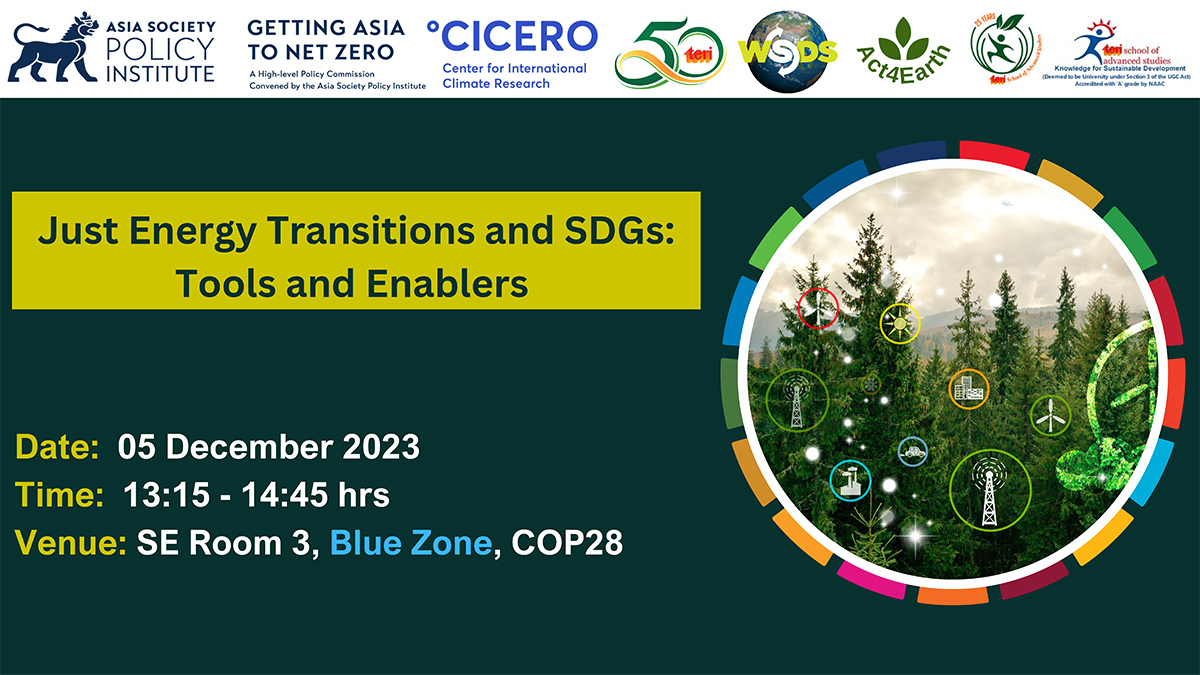
Energy transition is key to meeting the Paris Agreement temperature goals. Energy contributes the largest share to net global greenhouse gas emissions when considering both supply and demand sectors. According to the IPCC, CO2 from fossil fuels and industry accounted for 64% of the share of global net anthropogenic emissions of greenhouse gases in 2019. The IPCC points to an ‘implementation gap’ between adopted policies and what is needed to reach the Paris goals. Modelled pathways show that global greenhouse gas emissions could increase by 5% by 2030. On the contrary, the minimum reduction needed is 4%, assuming deep decarbonization post 2030. The IPCC highlights the distributive implications of energy systems and transitions. Hence it is also key that energy transitions in supply and demand systems are inclusive and just. This requires various tools and enablers such as finance, technology, and capacity building. Means of implementation become vital to ensure that actions are equitable and in line with the principles of common but differentiated responsibilities and respective capabilities (CBDRRC).
With this background, The Energy and Resources Institute (TERI), and TERI School of Advanced Studies; Asia Society Policy Institute; and Center for International Climate Research (CICERO) are organizing a discussion to synthesize perspectives on tools and enablers to promote just energy transitions. Various tools and enablers such as climate finance, green budgeting, social protection measures, international cooperation initiatives along with key actors will be discussed.
Key Question Addressed
- What are the emerging lessons from the experience of policy tools and mechanisms toward inclusive and just energy transitions?
- How can synergies between SDGs and energy transitions be enhanced? How can trade-offs between energy transitions be mitigated?
- How can domestic mechanisms better leverage international mechanisms and vice versa to promote inclusive and just energy transitions?
- What are the gaps in the present international architecture? How can international means of implementation can be strengthened to ensure climate finance, technology transfer, and capacity-building initiatives support inclusive and just energy transitions?
- For details, write to: Wsds@teri.res.in